I discuss the healthy habits that I’ve used as a dietitian to maintain my weight throughout my 20s and 30s.

You might have heard people complain about gaining weight throughout their 20s and 30s. I want to preface this post by saying that weight gain as you enter adulthood is completely normal, and not something to feel shame over. It’s very common and usually due to changing lifestyles as you enter a new season of life. Looking the way you did in highschool shouldn’t be the goal.
With that being said, while my body shape has absolutely changed throughout my adult life (hello motherhood), but my weight has remained remarkably staple. Today I’m going to dive into why, and the healthy habits that help me feel my best and that I believe has contributed to my stable set point weight all my adult life.
Set Point Theory
If you’re a regular here, you know I’ve talked about set point weight. Quick refresher: set point weight is the range where your body naturally falls when you’re not trying to manipulate .it.
My body has a very strong set point weight. I am 35 years old, and outside of two specific life events (aka my eating disorder and pregnancy), I have weighed the exact same, give or take like a couple pounds, since I was around 17. But between and after these specific times of flux, my body naturally returned to the same exact weight. My body composition and where I carry my fat and muscle has absolutely changed after each of these phases of life, but the number on the scale is remarkably stable.
Do I weigh myself?
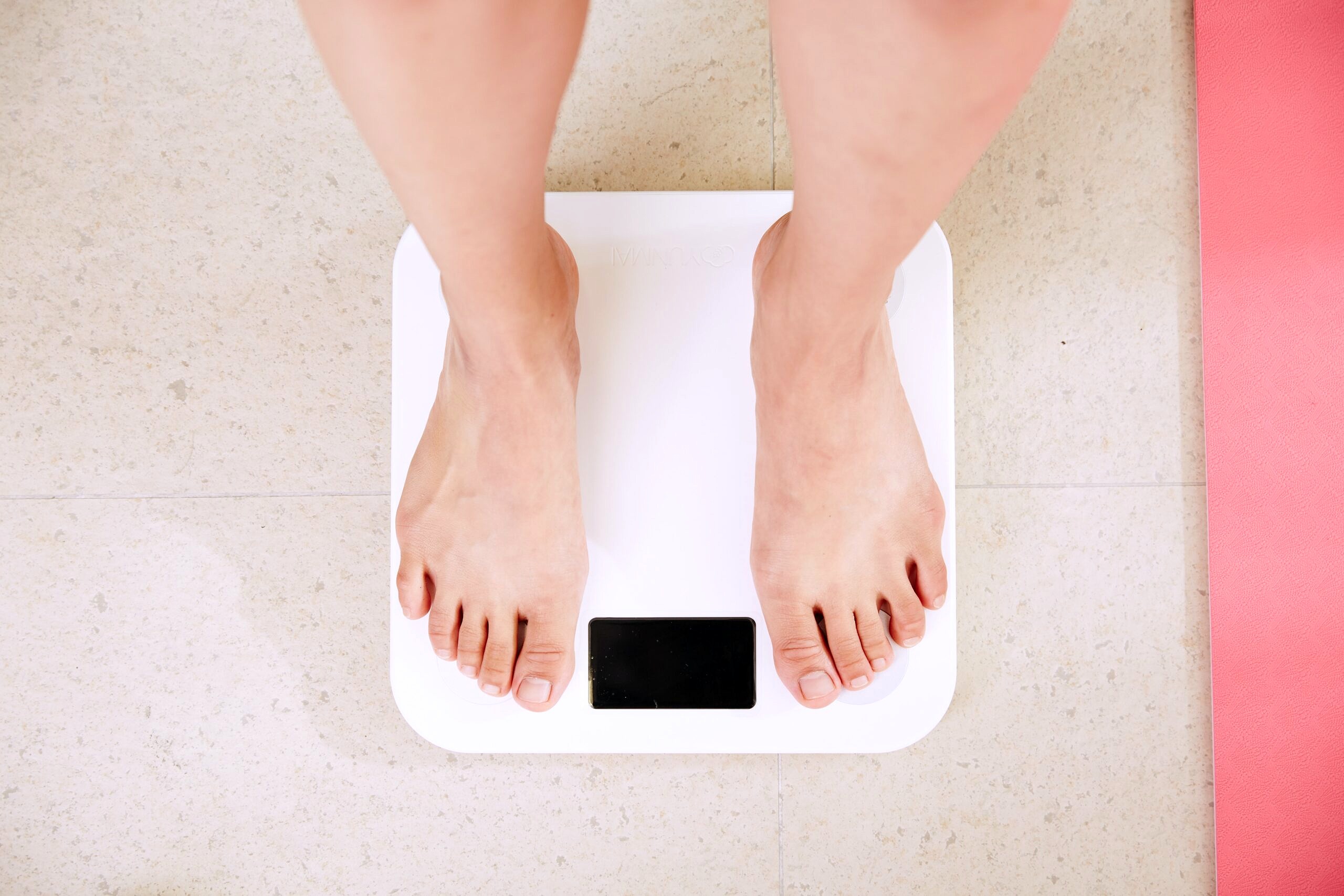
And I want to make one thing clear: I don’t weigh myself at home.
I did occasionally during my second pregnancy, but only because it was during the pandemic and we have as much access to prenatal care. But otherwise, I do not regularly step on the scale.
The only reason I know my weight is from my annual doctor check-up, and everytime I’ve noticed my weight is mostly the same.
Genetics
It’s also important to note that set point is largely genetic. The TLDR of why I don’t gain weight: this is the genetic weight I was meant to be.
But still there are little things I do, mostly subconsciously, that help me maintain homeostasis. Some of this is practical advice I can give as a dietitian, and some of these are life lessons and mindset shifts I’ve learned along the way. None of these are hard rules, they’re just what generally feel best to me.
Now let’s get into it.
Healthy Habits to Maintain My Weight
1. Intuitive Eating
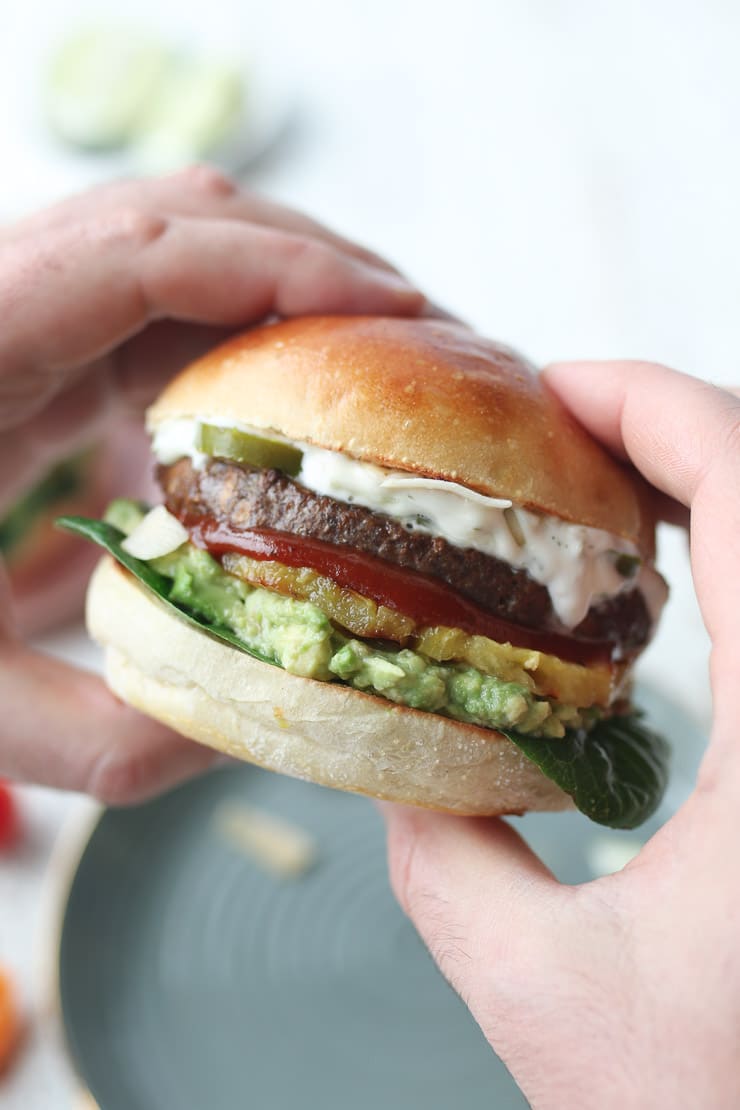
This won’t be a shocker, but I eat intuitively. I have lots of blog posts detailing the principles, but in the context of maintaining my weight, I would focus on principles 2 and 6: honouring hunger and fullness.
If we think about hunger as a gas gauge, I like to start eating around a 3, and stop around a 7 or 8 max. Post ED, it literally took me years of eating to a full 10 to feel confident stopping when I was comfortably full and not stuffed. Coming to terms with how bad I physically feel when I chronically overeat played a huge role in getting to this place. My sleep suffers, I get blood sugar crashes, and my digestion is thrown off. I just don’t feel great in my body, and that has made it easier to stop eating when I’m full than the fear of gaining weight.
This mindset shift has kept me out of scarcity mentality and made it easy to effortlessly choose portions that maintain my weight.
2. I don’t drink calories

Generally, I don’t drink a lot of calories like soda, juice, or even cocktails. I still drink smoothies, but in my head they’re more as a “solid” food. So the only drinks I do enjoy regularly are an occasional glass of wine and my daily lattes. Because my latte is sacred and can be touched by no one.
Speaking of drinks, lets talk about booze. I don’t drink that much, maybe 2-3 drinks a week. This is mainly because alcohol doesn’t always feel great to me. So again, this is my non-diet culture rationale for me to not refill my glass, which is far more motivating than weight loss. But limiting my booze also unintentionally limits calories. A standard glass of wine or beer is like 120-150 calories, so if you’re doing that every night it adds up. When I was working clinically, I saw how cutting out alcohol was a common way to see weight loss- especially when you’re drinking often.
3. Daily Movement
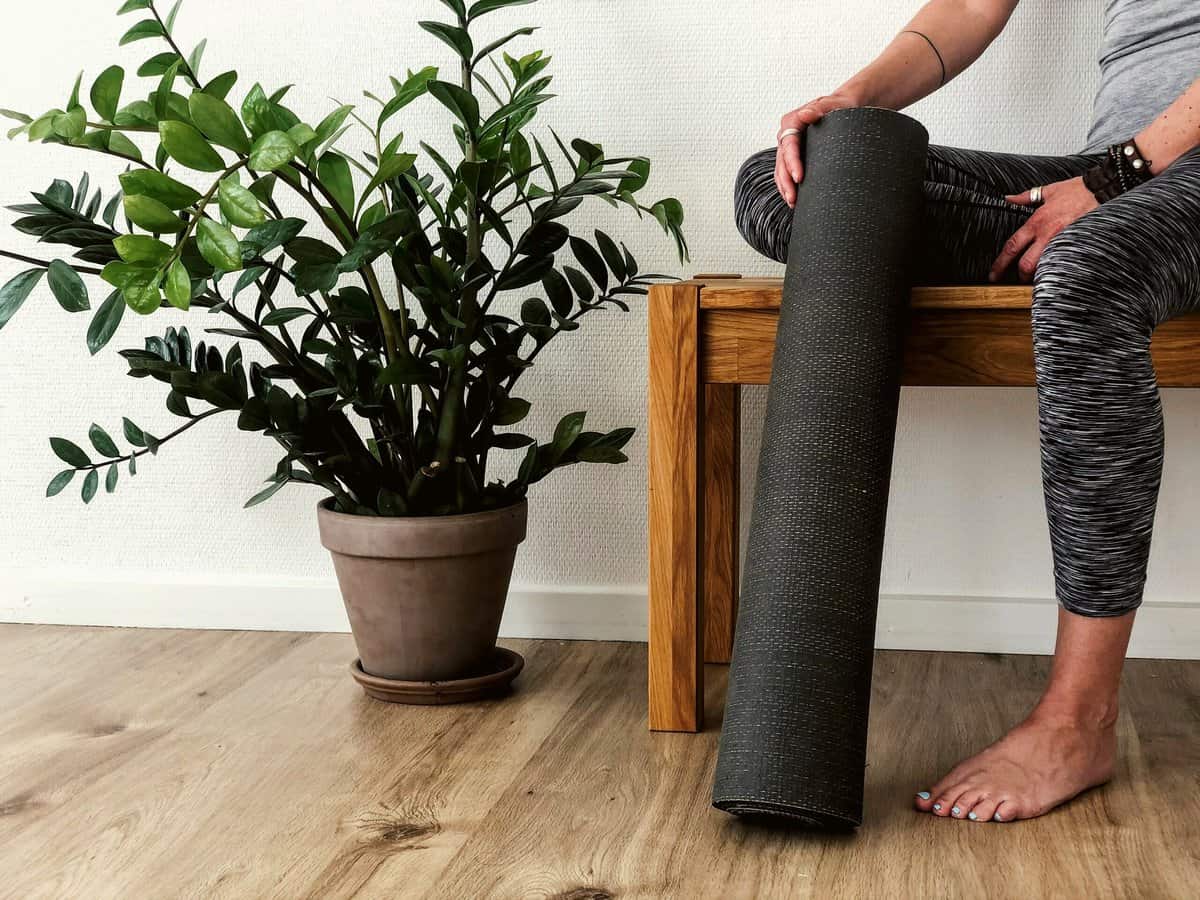
Moving everyday is a non-negotiable daily habit for health, as exercise has proven benefits for physical and mental health. You might think that daily movement sounds excessive, but we’re not talking Olympian style ultramarathon runs or Barry’s Bootcamp. Typically, I exercise purposefully around 4 days a week. My routine includes a combination of strength training, pilates and barre-style fitness, and walking. I live in Downtown Toronto, so I find that walking just saves me the frustration of traffic and parking.
I also am a natural fidgeter, probably due to my ADHD. Naturally, I end up just moving around unintentionally all day.
4. Salad (Most) Days
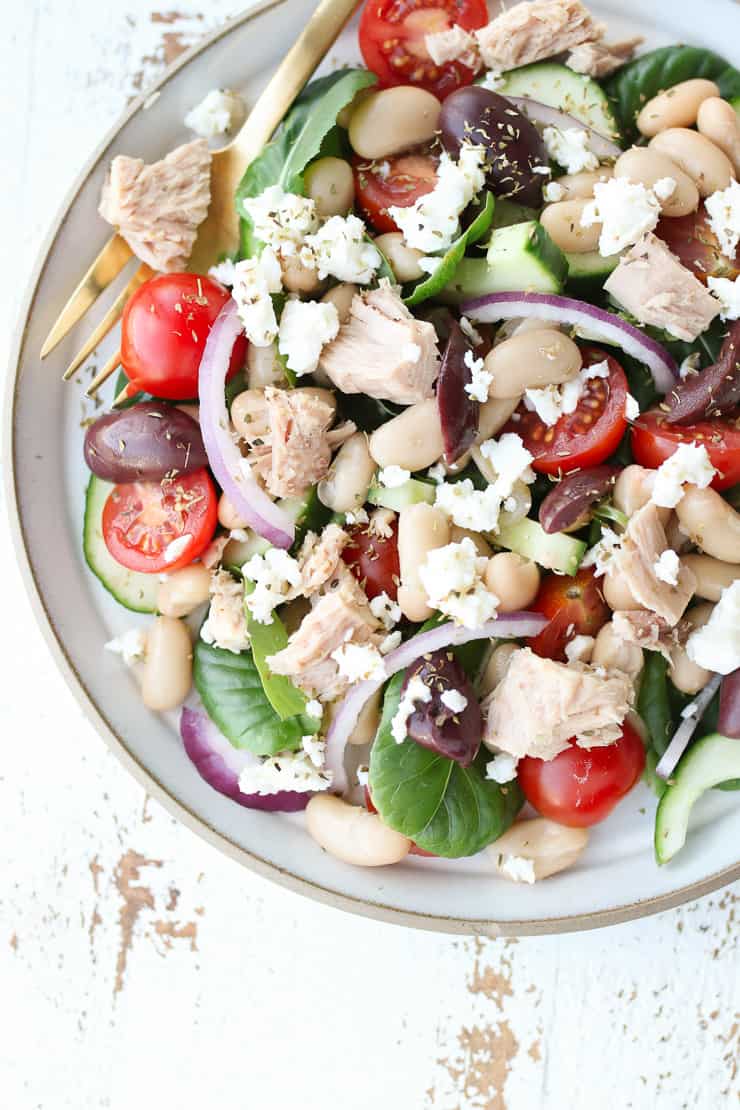
When I had SIBO, I couldn’t eat salad and desperately missed it. But once I fully recovered, I found that getting that one consistent big bowl of raw veggies and toppings really helped with regularity. This, in turn, is key for SIBO prevention. It also promotes satiety because of the volume and fibre, which inadvertently is key to maintain my weight. This isn’t a rule with my daily eating, but this is what I find myself doing most days. It’s both delicious makes me feel good.
5. Protein at Every Meal and Snack

Protein is the king of the satiety hierarchy and we have so much research on its benefits for weight management. I aim or around 100 grams a day, which is ~20-30 grams for meal and ~10 grams at snacks. It isn’t too hard for me to hit either. A typical day of eating looks like protein oats at breakfast, chicken salad at lunch, fish with veggies and rice at dinner, and a big bowl of cottage cheese with fruit and nuts before bed.
6. I only eat out 2x per week.

This is NOT because I’m thinking about calories or weight gain. In the past, I would full out panic googling the menu and nutrition facts. Now, I mindfully limit my dining out because a) my kids freak out when we go out and b) the combination of booze, a big heavy meal, and late night mean my sleep gets messed up. And nowadays, restaurant prices are another factor to keep in mind. It’s getting super pricey to eat anywhere these days.
When I do go out, I try to keep my Hunger Crushing Combo in my mind. For example, I’ll take a meal I’m craving like mac and cheese and build onto it with a salad starter and a protein. Yes, I still know this meal is higher calorie than something home-cooked, I don’t sweat it because it’s not an everyday thing.
Enjoy the meal, move on.
7. Smart Use of Oils
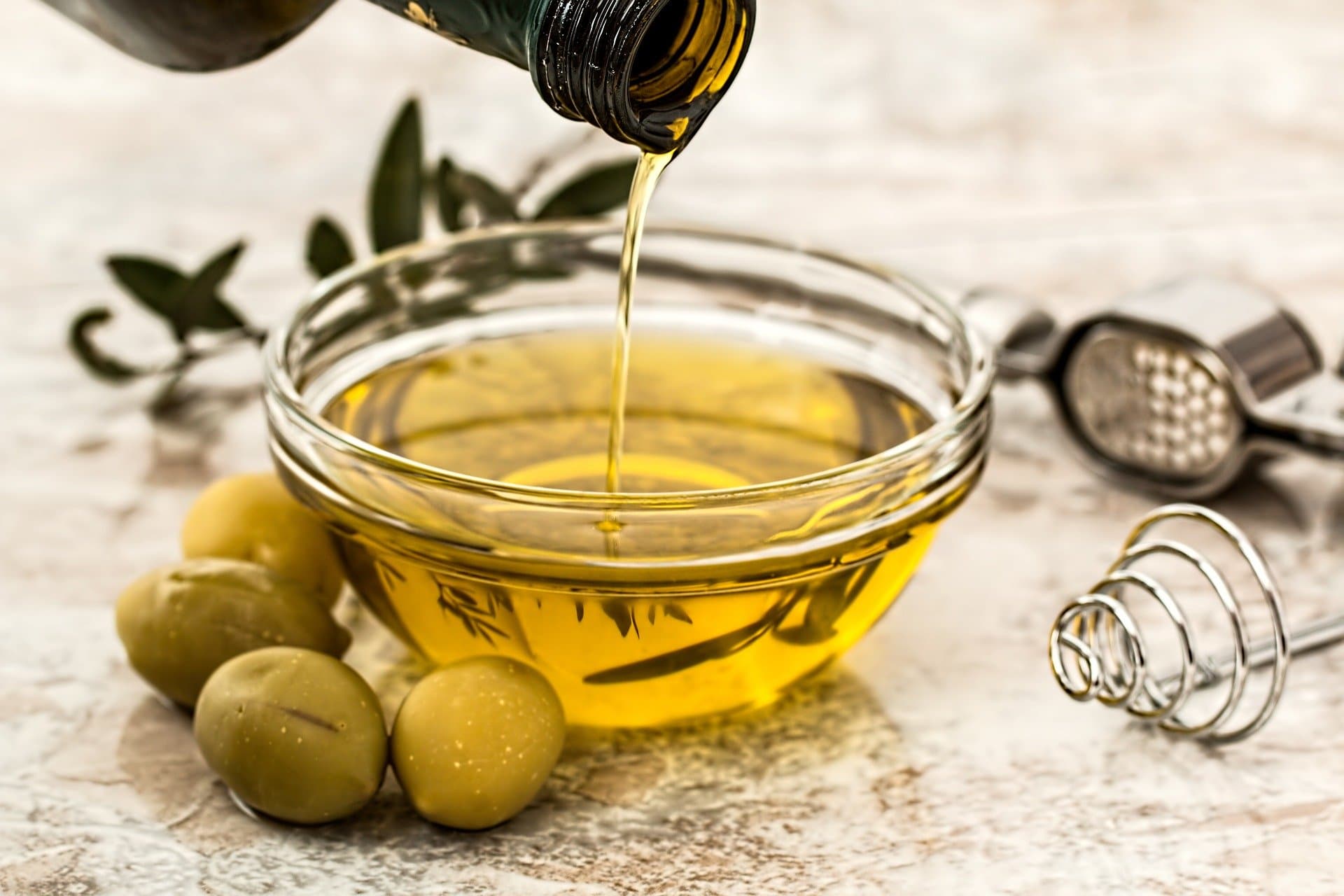
I like teaching “smart use” of oils because saying moderate use of oils is ambiguous. and limiting oils risks us falling into scarcity mentality. For me, smart use of oils is not avoiding them, but using them where they are most functional and useful.
So no offense to my Italian friends, but I don’t finish every plate with a generous drizzle of olive oil when i already cooked with olive oil. I add just enough oil to coat the pan while cooking (usually around a tablespoon) and I do ½ and ½ split in vinaigrettes because I prefer a bit more zip from the vinegar.
And when I get salads out, I usually ask for dressing on the side. Again, this is less about calories as it is about preference. I hate globs of dressing on greens so I like to do it in layers. I also find that some salads, like those with cheese or avocado, naturally need less dressing to taste good.
8. Sleep and Stress Management
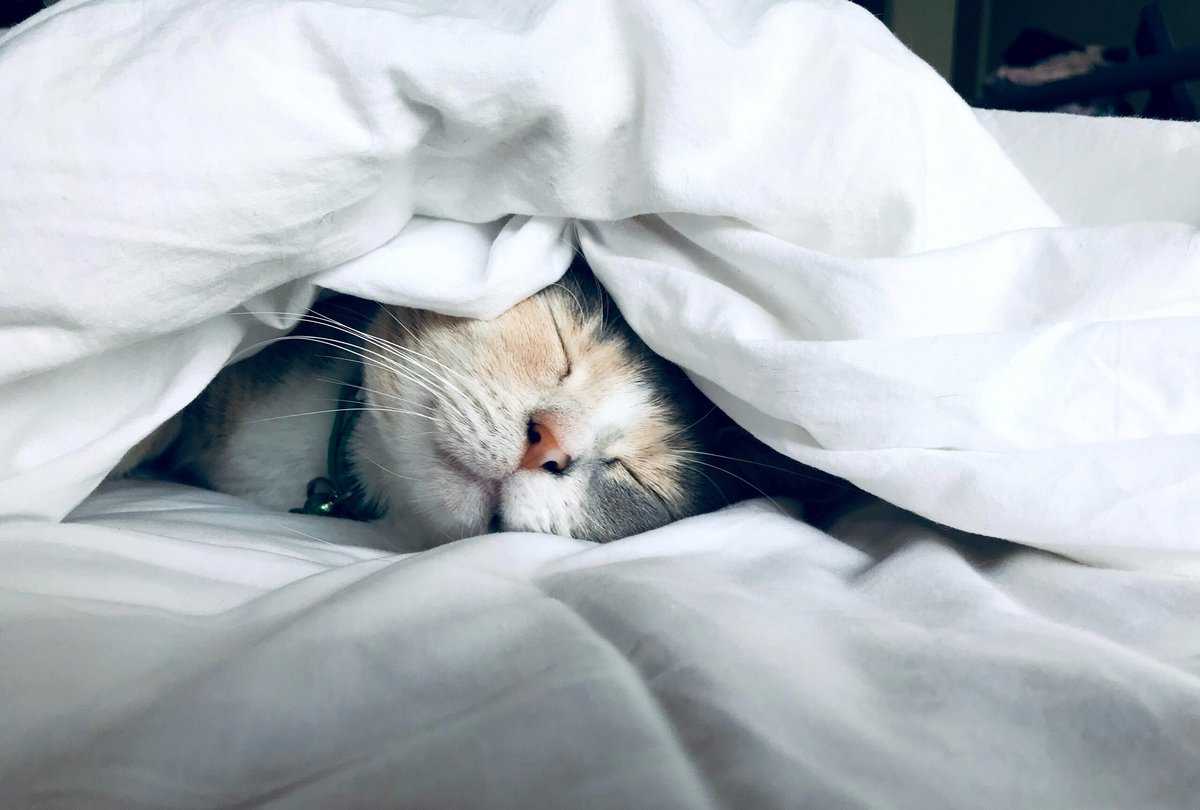
I have pooled a lot of time and resources into sleep and stress management. I was an insomniac for many years, but thanks to medication I’ve come a long way. My journey with anxiety has also been a struggle. Luckily, with a combination of therapy, medication, and meditation, I’ve been managing so much better.
We know that lack of sleep and excess stress are associated with higher body weight and weight gain. During the worst of my insomnia, I was a little heavier and naturally leaned out when I started medicating. This makes total sense because my cortisol was dysregulated, and I was literally getting up and having a full meal in the night because I would eventually get hungry.
Practicing this habit pretty much made it natural to maintain my weight.
9. Gut Health
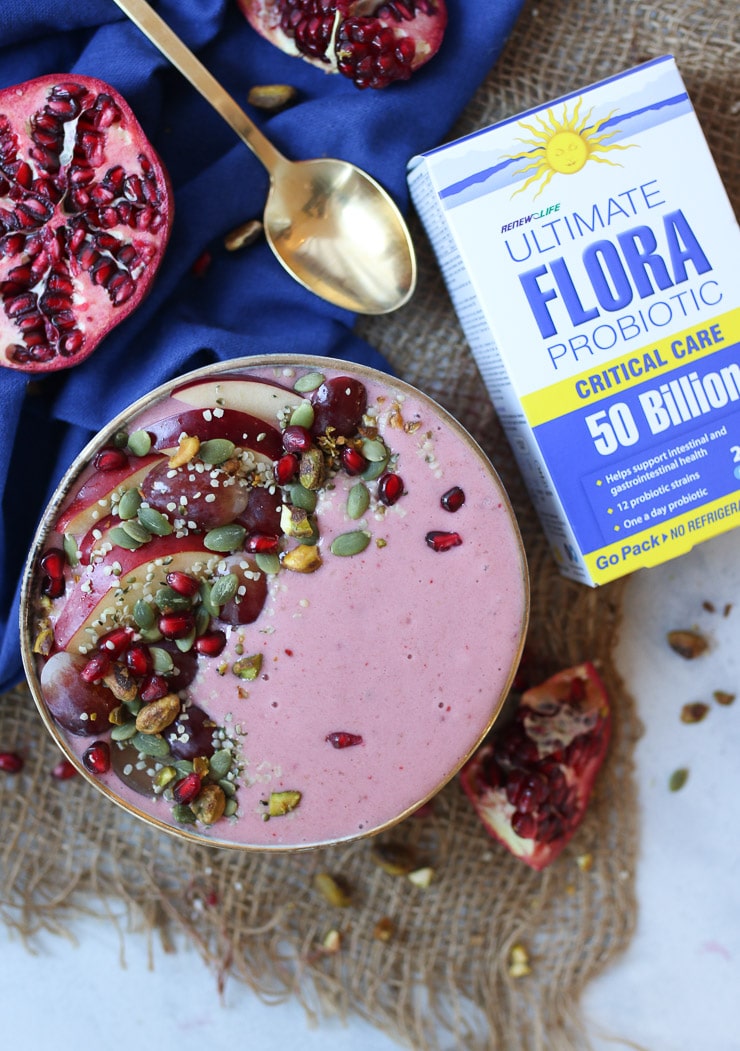
We know that that gut bacteria diversity is associated with body weight and risk of weight gain over time. The type of bacteria in your gut affects how calories are extracted and absorbed, and fibre is a key player because it feeds our good gut bacteria.
To take care of my gut, I eat a lot of plant based foods like fruit, salad, cooked veggies and plant proteins. I eat fermented foods like yogurt daily and take a combination of different probiotic supplements like spore based bacillus strains. My SIBO is also gone and I’m feeling better than ever.
Bottom Line
As a dietitian, these are habits that I acknowledge for the maintenance of my very narrow set point weight. That, and the most obvious contributor: genes. And that is a privilege I know that not everyone has.
The most important point is that I don’t any of these things intentionally to lose weight or out of fear of gaining weight. I do them because they make me feel good. In hindsight I can see they do play a role to maintain my weight.
But if staying thin was my only intention, I would for sure find myself in disordered habits. Getting to this place is a journey that took over 10 years, but I finally feel good to finally make choices from a place of genuine self care.
More Blog Posts You Might Like
If you found this post helpful, check out these next:
- Intuitive Eating Weight Loss? Sustainable Gentle Nutrition Tips
- Pregnancy Lessons I’ve Learned About My Body, Weight Gain, and Nutrition While Growing a Baby
- Bikini Body Guide | The No-Diet Approach to the Bikini Body Mentality
- Intuitive Eating Principles | How to Reject the Diet Mentality
Do you struggle with maintaining your weight? Are any of these habits part of your routine? Leave me a comment!
Updated on August 17th, 2023

Abbey Sharp is a Registered Dietitian (RD), regulated by the Ontario College of Dietitians. She is a mom, YouTuber, Blogger, award winning cookbook author, media coach specializing in food and nutrition influencers, and a frequent contributor to national publications like Healthline and on national broadcast TV shows.
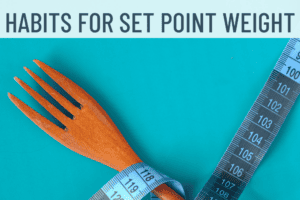
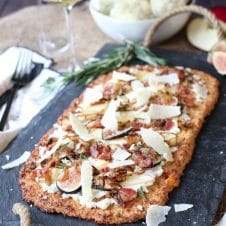
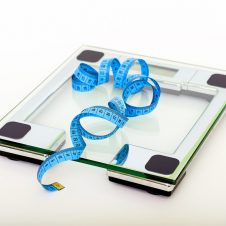
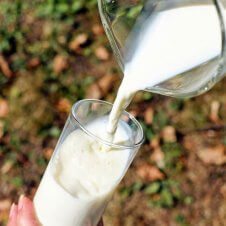

Sophia says
Queen Abbey! long time follower here! any youtube recommendations for barre/pilates style exercises? favorite youtube channels? thanks for always helping us. <3